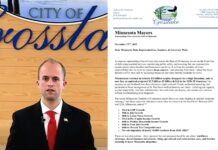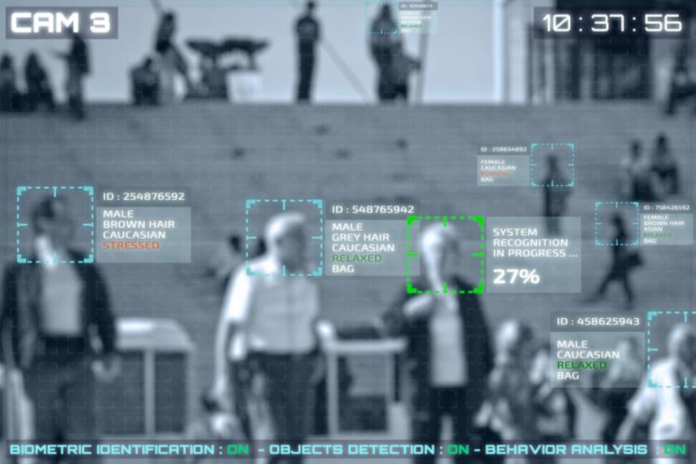(The Center Square) – On Friday, the Minneapolis City Council voted unanimously to ban facial recognition technology for police use.
The determination prohibits every city department from acquiring, obtaining, or using facial recognition technology or information derived from the technology.
The vote aims to stop information sharing and third-party contracts, such as between local sheriffs and the Minneapolis Police Department (MPD) or local law enforcement and Clearview AI, a facial recognition company.
However, it doesn’t include private use, so residents can still have Amazon Ring doorbells, and businesses can keep surveillance cameras.
A Massachusetts Institute of Technology facial recognition study found that darker-skinned women could be subject to an error margin of up to 34% compared to an error margin of less than 1% for light-skinned men.
A previous study found facial recognition is less accurate for females, Blacks, and subjects 18 to 30 years old.
Most surveillance cameras are mounted at an angle different from photos taken for a drivers’ license, mugshot, or Facebook. If compiled with poor lighting and low-quality image resolution, it can produce false hits.
Facial recognition technology has resulted in two wrongful arrests of Black men in Detroit, one who was detained for 30 hours.
At least 13 cities have banned facial recognition, including San Francisco, Boston, and Portland.
The Minneapolis Police Department said the ordinance “was crafted and approved without any consideration or conversation, insight or feedback from Chief [Medaria] Arradondo.”
“Chief Arradondo believes that through open minded, thoughtful and deliberate research, examination and mutually respectful engagement by both elected and public safety professionals on this important technology tool, we can arrive at a place where its application can be utilized in accordance with data privacy and other citizen legal protections,” MPD said in a statement. “Chief Arradondo believes if a strong policy, that’s transparent, is created we can accomplish both. Having the ability to utilize this effective technology to keep our communities safe and have stringent measures in place to protect community members’ rights.”
Council Member Steve Fletcher welcomed the vote.
“We have heard strong concerns from the community about technology that invades their privacy without their consent, and we need to regulate it,” Fletcher said in a statement. “This ordinance bars its use by City departments with some narrow exceptions that do not risk harm to its subjects.”
Munira Mohamed, a policy associate at the American Civil Liberties Union, told The Center Square the vote continued the push for police reform and accountability started in May.
“It’s a huge privacy concern,” Mohamed said. “It’s essentially blanket surveillance of the entire population that they can’t consent to and that we deem unconstitutional in harming people’s civil liberties.”
Police reform includes police tools, Mohamed said.
“You can’t just move from racist police officers to racist technologies. It’s not enough to take officers off the street,” Mohamed said in a phone interview. “You also have to scrutinize the tools and tech that they use, which has a lot of the same problematic issues as police departments.”
Mohamed said this ban should be a “conversation-starter” around surveillance ethics when reimagining public safety.











